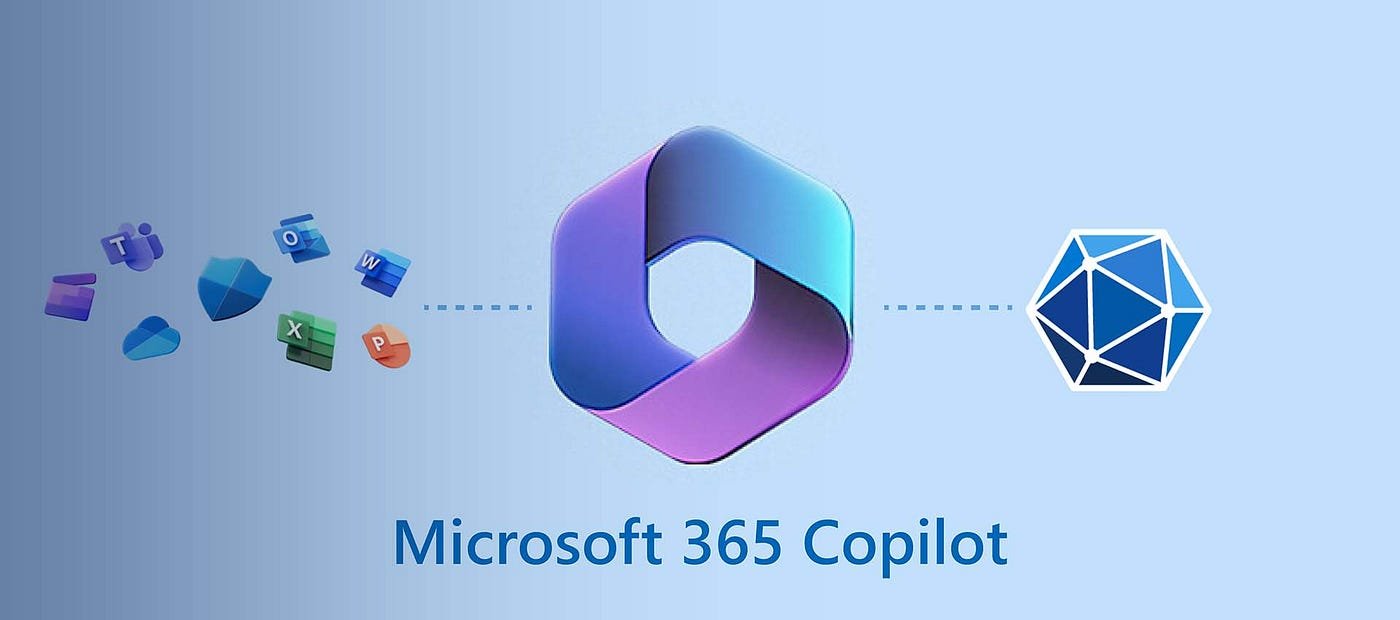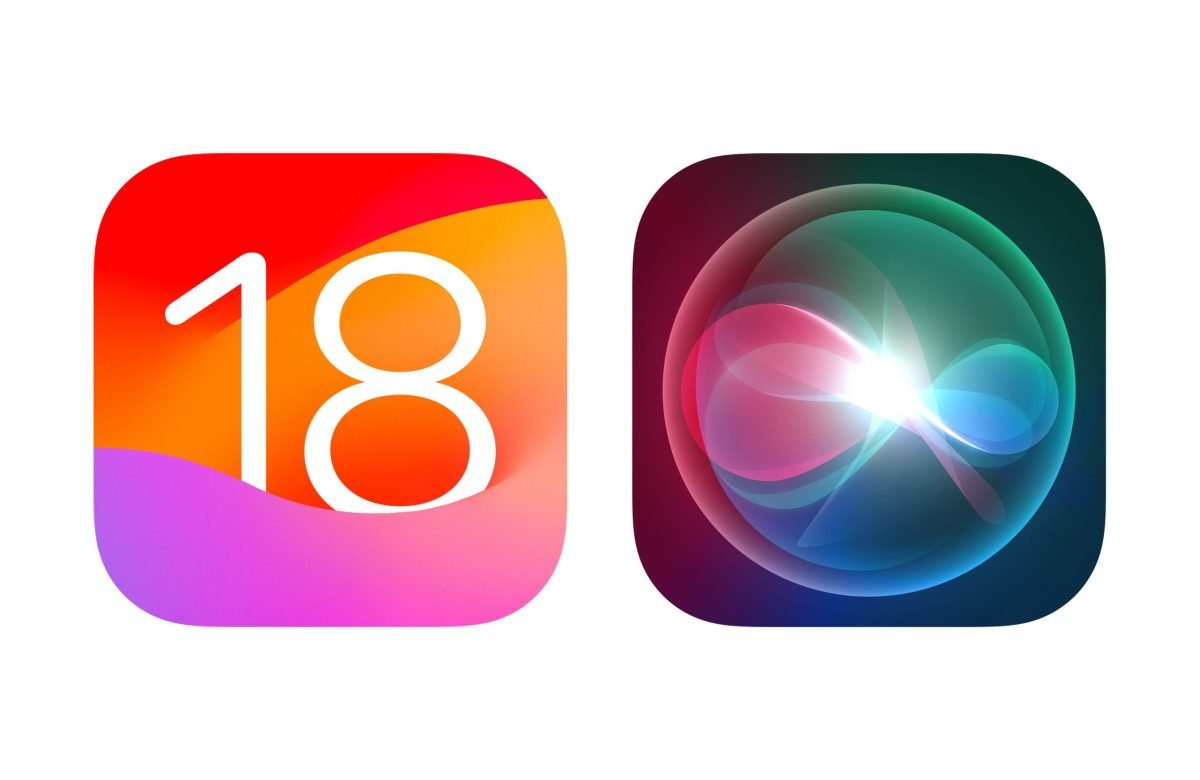In an era where social media landscapes shift rapidly, Facebook’s role among Gen Z—the digital natives born between 1997 and 2012—reveals a surprising trend. Despite the narrative of Facebook’s declining appeal to younger users, Gen Z’s engagement with the platform is more nuanced, serving specific, pragmatic purposes that align closely with their financial goals and social habits.
Key Highlights:
- Gen Z’s Facebook usage is more strategic and less about content sharing.
- Facebook serves as a critical tool for event coordination, information gathering, and group engagement.
- Monthly Facebook usage among Gen Z is significant, defying the narrative of a total shift away.
- The platform’s role in savings and financial strategies among Gen Z is a key factor in its continued use.
Despite widespread reports of Facebook’s decreasing popularity among young users, data and insights reveal a complex picture. The decline in daily content sharing and interaction by Gen Z does not equate to a complete abandonment of the platform. Instead, Facebook has morphed into a utility for specific functions such as event organization, content consumption, information lookup, and engagement in groups, often related to community deals, savings tips, and financial advice.
Interestingly, a substantial portion of Gen Z, approximately 54%, report using Facebook on a monthly basis, with 33% logging in daily. This level of engagement suggests that while Facebook may not be the go-to platform for social interaction among Gen Z, it remains an integral part of their digital ecosystem, particularly for those interested in leveraging the platform’s capabilities for financial savings and networking.
The Role of Facebook in Gen Z’s Financial Strategies
Gen Z’s approach to Facebook underscores a broader trend in their financial behavior: a savvy, resourceful mindset aimed at optimizing savings and leveraging online communities for economic gain. This demographic uses Facebook to access a wide range of groups dedicated to couponing, deal hunting, and financial advice, directly impacting their ability to save money and make informed purchasing decisions.
Moreover, the platform’s utility for organizing and attending events can also be seen through a financial lens—providing a cost-effective way to plan and engage in activities without the need for additional, potentially costly, services.
Beyond Social Networking: A Financial Tool
What emerges is a picture of Facebook as much more than a social networking site for Gen Z. It is a vital tool within their financial toolkit—a place where they can connect, yes, but also save, learn, and make strategic decisions that impact their economic well-being.
This nuanced use of Facebook by Gen Z might suggest that reports of the platform’s demise among younger users are greatly exaggerated. Instead, it highlights the adaptability of digital natives in using available tools to meet their evolving needs, particularly in the context of financial savings and economic strategies.
While Gen Z’s engagement with Facebook may differ significantly from older generations, dismissing the platform’s relevance to this demographic overlooks the strategic, value-driven ways in which it is used. Facebook, for Gen Z, is less about socializing in the traditional sense and more about accessing resources, information, and communities that support their financial goals and interests.






























